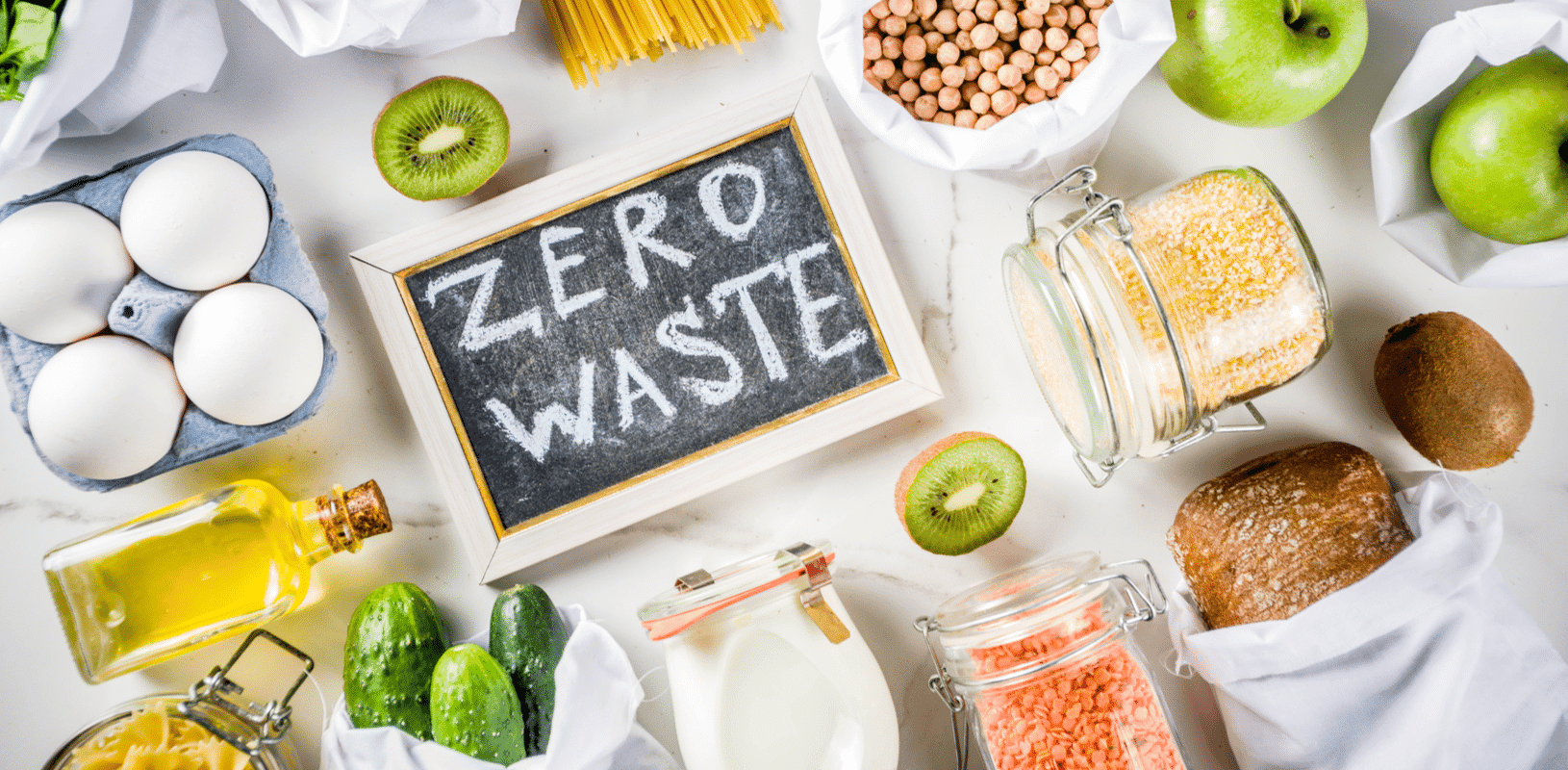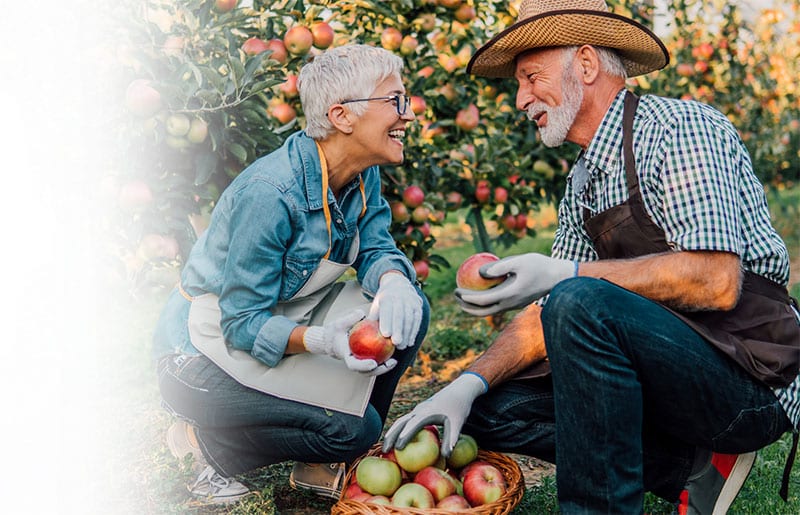
Food Trends: Upcycled Food
You may have heard of upcycling before — essentially, it’s creatively repurposing an old item and turning it into something new of higher quality so it doesn’t go to waste. For example, using the wood from an old door to make a bench, or sewing old t-shirts into a quilt. Upcycling means not only do less items go into a landfill, but it reduces the energy and materials needed to make a similar new item, which is great for the environment.
Now, the upcycling movement has also expanded to include food items. According to the Upcycled Food Association, more than 30% of food is wasted, which is a problem for both the planet and society. Fruits and vegetables are the most wasted type of food, ending up in the dumpster simply because they don’t look perfect enough for most consumers to want to buy when they see them in the grocery aisle.
The philosophy behind upcycling food is based on an ancient tradition of using all of that you have and reducing food waste. So what is upcycled food, and what are the benefits? Here’s what to know:
What is Upcycled Food?
The official definition of upcycled foods came about in 2020, when a task force of professionals defined it for the sake of policy and research. They determined the official definition of upcylced foods as: Upcycled foods use ingredients that otherwise would not have gone to human consumption, are procured and produced using verifiable supply chains, and have a positive impact on the environment.
What Kind of Foods are Upcycled?
As for what kind of food is upcycled, it’s any food that is less than perfect and often goes into a waste stream, but could be transformed into a high quality product instead. This may include anything from imperfect produce that won’t sell in stores and might go to waste, to the leftover grain after beer is brewed. Ever turned overripe bananas into banana bread? Or used the oat pulp created when making homemade oat milk in cookies? If so, you have upcycled food yourself!
Who is Upcycling Food?
There are several small businesses who are doing innovative things with food that would otherwise go to waste. Here are just a few companies focusing on upcycling foods, and what kind of products they are using and creating:
- Barnana – have upcycled over 100 million bananas into snack chips
- Outcast Foods – rescues imperfect produce and turns them into nutritious protein powders
- KromKommer – started by taking “wonky” produce and turning it into veggie soups, and later opened a store selling only imperfect produce to help reduce waste
- Agua Bonita – turns produce that isn’t perfect-looking enough to sell in stores into agua fresca
- Take Two Barleymilk – upcycles spent grain from beer production and turns it into plant-based barleymilk, a drink with protein, calcium and good fats that can be used in place of any milk
- Pure Plus – buys unwanted produce and juice pulp to create plant-based powder to use in other food products
- Rise & Win Brewing Co – this Japanese brewer follows a zero-waste principle that embraces upcycling not only by reusing the spent grain from beer production in granola and sweets, but right down to their storefront and uniforms
With eco-conscious consumers becoming increasingly interested in buying and supporting companies that focus on sustainability, the upcycled food movement will surely continue to grow.

Join our Senior Wellness Society for the latest news on Medicare and tips for healthy living in San Diego!
Sign up now ›Are you looking for specialized medical care in San Diego?
Our directory has more than 850 doctors in San Diego County of various specialties who are available to help you.
Find a doctor